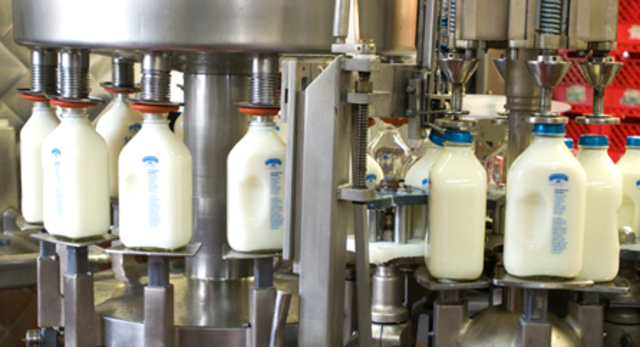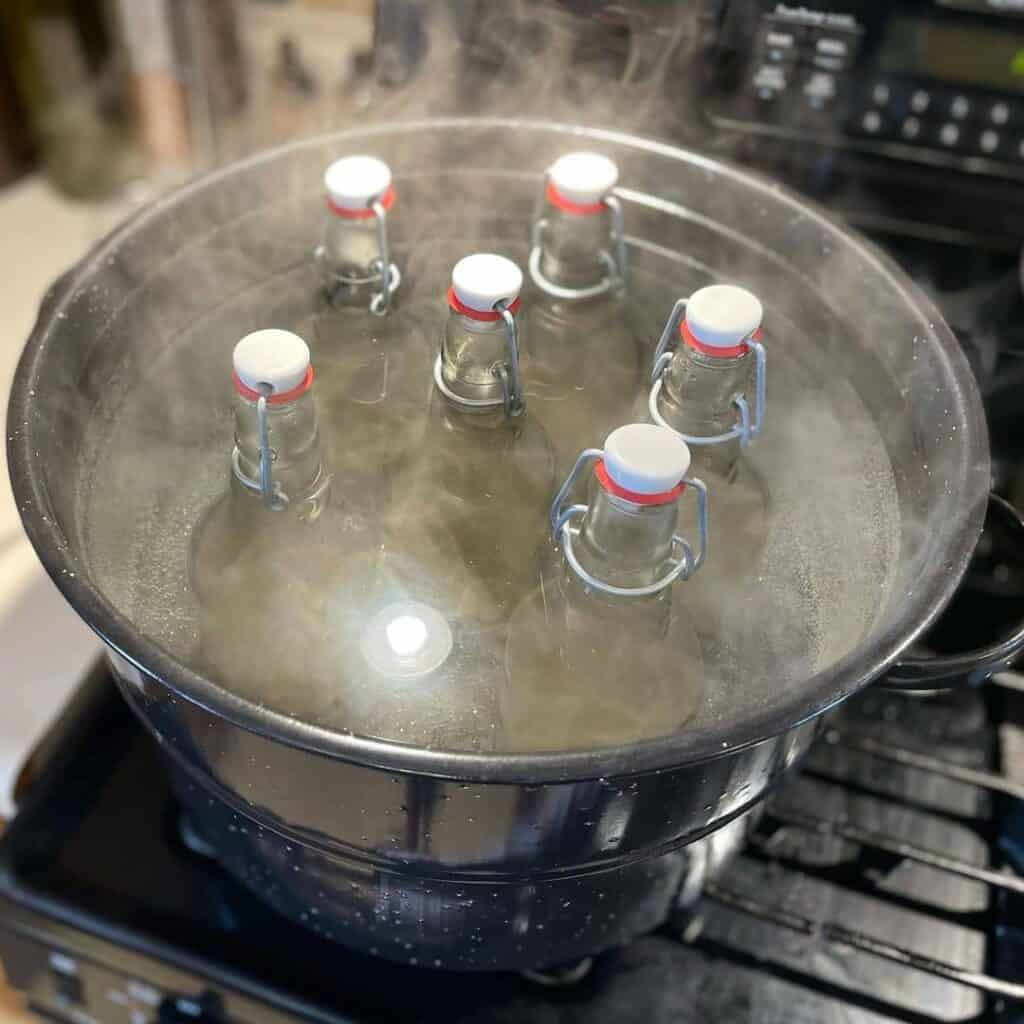
Winemaking has been a part of human history for thousands of years. Over time, winemaking techniques have been developed and improved. One of the most important advancements in winemaking is pasteurization. Pasteurization is a process that involves heating wine to a specific temperature to kill off any bacteria or yeast that may be present. This process has many benefits, including improving the quality and shelf life of the wine.
What is Pasteurization?

Pasteurization is a process that was first developed by Louis Pasteur in the 19th century. It involves heating a liquid, such as wine, to a specific temperature for a set amount of time to kill off any bacteria, yeast, or other microorganisms that may be present. This process helps to purify the liquid and make it safe for consumption.
Why is Pasteurization Important in Winemaking?

Wine is made by fermenting grapes or other fruits. During the fermentation process, yeast converts the sugar in the fruit into alcohol. However, other bacteria and yeast can also grow during this process, which can affect the quality of the wine. Pasteurization helps to kill off any unwanted bacteria or yeast, which can improve the quality and consistency of the wine.
Benefits of Pasteurization in Winemaking

There are many benefits to pasteurizing wine. First, it helps to ensure that the wine is safe for consumption. By killing off any harmful bacteria or yeast, pasteurization helps to prevent foodborne illnesses. Additionally, pasteurization can help to improve the shelf life of the wine. By eliminating any unwanted microorganisms, the wine is less likely to spoil or go bad over time.
Another benefit of pasteurization is that it can help to preserve the flavor and aroma of the wine. By removing unwanted bacteria and yeast, pasteurization can help to maintain the unique characteristics of the wine. This can be especially important for winemakers who want to create a consistent product from year to year.
The Pasteurization Process

The pasteurization process involves heating wine to a specific temperature for a set amount of time. The exact temperature and time will depend on the type of wine and the specific winemaking process being used. However, the goal is always to kill off any unwanted microorganisms without damaging the wine itself.
There are two main methods of pasteurizing wine. The first is flash pasteurization, which involves heating the wine to a high temperature for a very short period of time. The second method is called bulk pasteurization, which involves heating the wine to a lower temperature for a longer period of time.
Conclusion
Overall, pasteurization is an important process in winemaking. It helps to improve the quality and consistency of the wine, while also ensuring that it is safe for consumption. Whether you are a professional winemaker or someone who enjoys a good glass of wine, pasteurization is a key part of the winemaking process.